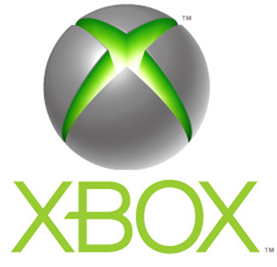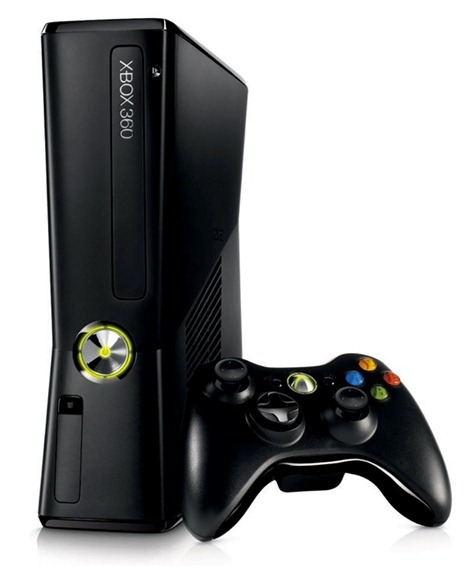This year has been huge for the game console market, with Microsoft gearing up for a long-awaited release of a next-generation Xbox, known in the gaming community as the Xbox 720, which is meant to replace the Xbox 360. While details on the new console have been scarce, a new report suggests that Microsoft will be cracking down on the resale of used games, requiring game copies to be validated online every time that they are launched, in addition for an always-on connection for the console to function at all.
The report, which focuses on the broad specification of games for the next console, also spills other interesting details. For example, games for the next-generation Xbox will be manufactured in 50GB capacity Blu-ray discs, unlike DVDs in the Xbox 360. It is also being reported that the Xbox 720 will ship with an improved version of Kinect as standard, further suggesting that next-generation games will be highly immersive, relying on high-quality graphics and precise motion-control gestures, going beyond the traditional handheld controller.

Kinect, a set of highly precise sensors which are placed above the TV screen in front of the player, is Microsoft’s solution for motion-controlled games. Having officially shipped in November of 2010 as an add-on for the Xbox 360, and later for the PC, was instrumental in beginning industry’s shift from handheld controllers to precise gesture controls for games. While motion-controlled games initially resembled a marketing novelty, they are now widely accepted as the way forward in gaming.

A few other details were already known about the next Xbox, including the hardware specifications, which will resemble more the ones of a high-end PC. New information was revealed today on the console’s specifications: according to the same report, an eight-core x64 1.6GHz AMD CPU will be built in, along with a D3D11.x 800MHz graphics solution and 8GB of DDR3 RAM. These specifications are along the lines of what one would find on an off-the-shelf high end computer today: over the long term, this will allow developers to make games for a single architecture and have them run on both traditional PCs and Microsoft’s game console.
The changes regarding game validation which also have been reported on the beginning of last year, if they do materialize, will be a great blow to those who often trade second-hand games. However, nothing can be known for sure before Microsoft breaks its silence and unveils the console officially.
(via EDGE)
You can follow us on Twitter, add us to your circle on Google+ or like our Facebook page to keep yourself updated on all the latest from Microsoft, Google, Apple and the web.

